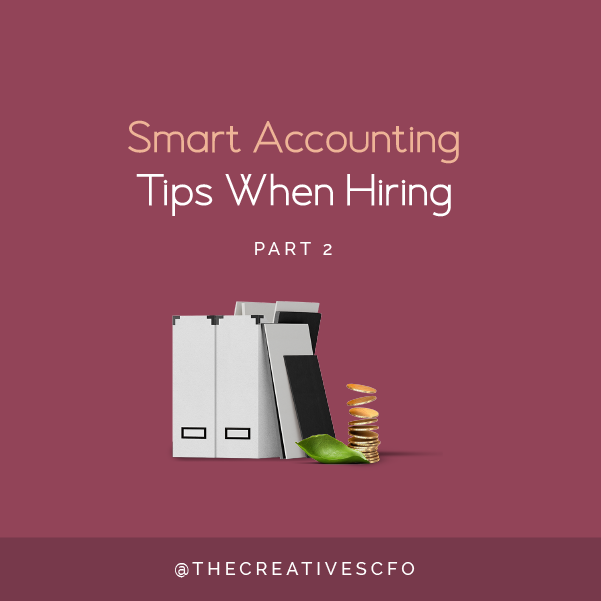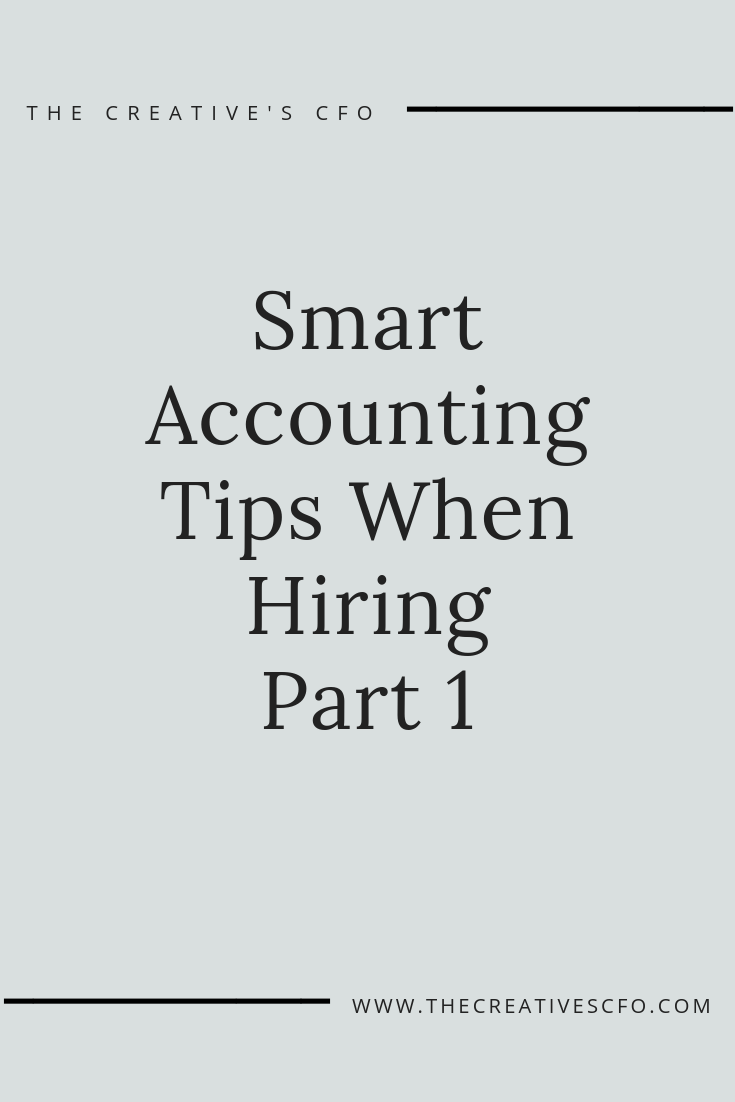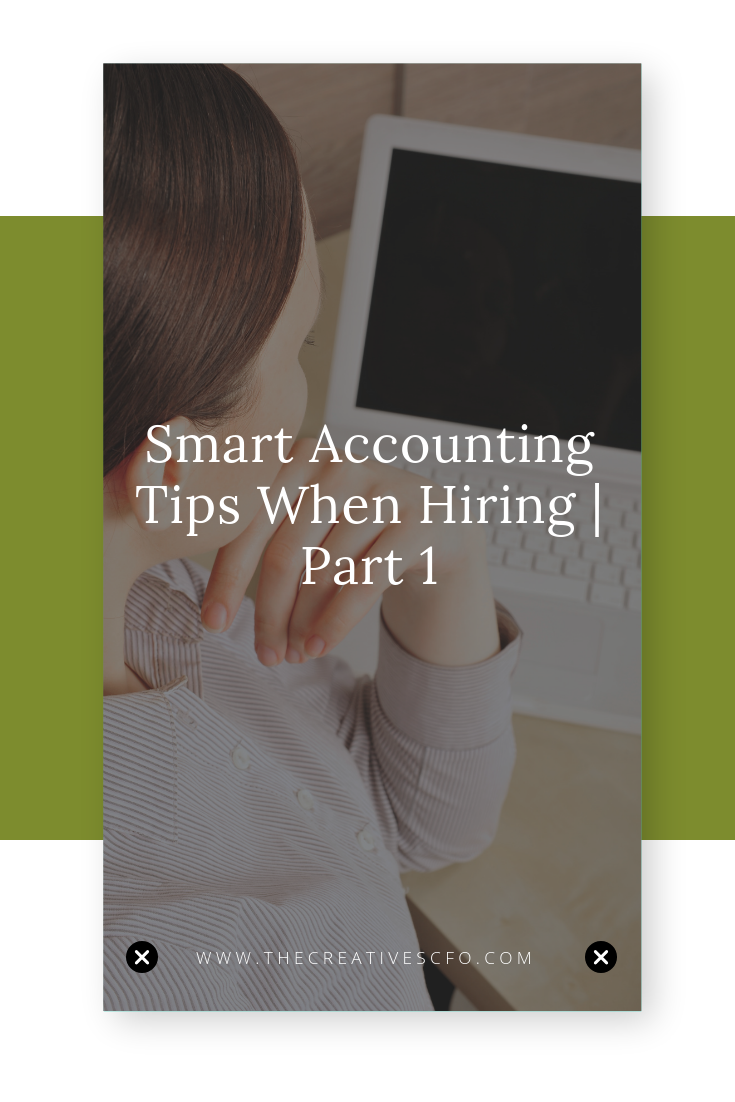It’s a glorious day when your business is flourishing, and you’re finally ready to bring on your first hire. Whether he or she helps you with administrative tasks or works directly with your clients/customers, you know that bringing on help has the potential for some serious ROI (return on investment).
But what do you need to have in place before you make your first hire?
If you’re ready to make a smooth transition into hiring, here are a few tips to help you get all your ducks in a row and grow your business’s bottom line.
#1. Are you hiring an independent contractor or an employee?
How you classify your hire is important from a financial perspective because it determines whether you’ll withhold income, Social Security, Medicare, and unemployment taxes on wages paid to an employee. No taxes are withheld on payments made to independent contractors, as they’re subject to self-employment tax.
The IRS has a general rule that if you control the result of the work and NOT what will be done and how the work will be done, you have an independent contractor relationship. The IRS goes further to define behavioral control, financial control, and relationship examples that might indicate either designation, independent contractor or employee. If after reading through the IRS resource shared below, you still feel like you haven’t a clue about your hire – consult an attorney. My friend Paige has an awesome podcast called The Legal Paige, and she talked about this very topic earlier this year. Give it a listen!
Resources:
IRS FS-2017-09, Understanding Employee vs. Contractor Designation
The Legal Paige Podcast, Episode 10, The BIG Debate: Independent Contractors vs. Employees
#2. Have you applied for an Employer Identification Number for your business?
In order to pay your independent contractor or employee, you’ll need a valid Employer Identification Number, most often called an EIN. It’s like your business’s social security number.
You’ll mainly use it for tax filing and reporting purposes. For example, independent contractors must receive a 1099 form for all amounts paid to them during the year. Employees receive a W-2. On both of these forms, you’d use your business’s EIN to properly submit and file them.
No matter your business entity, an EIN is recommended. Sole proprietors could technically use their social security number, but I always recommend an EIN for privacy purposes.
#3. Do you know which forms you’ll need your new hire to complete?
For independent contractors, you’ll need a completed W-9 form, which provides their taxpayer ID and other contact information (address, etc.). This document is what you’ll need to complete his or her 1099 form upon the end of the year. You can download a copy of the W-9 Form directly from the IRS website here.
For employees, you’ll need a completed W-4 form, which provides taxpayer ID, contact information, and withholding allowances. You’ll use this document when determining how much to withhold in taxes throughout the year and when completing his or her W-2 upon the end of the year.
I hope these tips make the hiring process a bit more manageable for you! Don’t hesitate to reach out if you have more questions.




